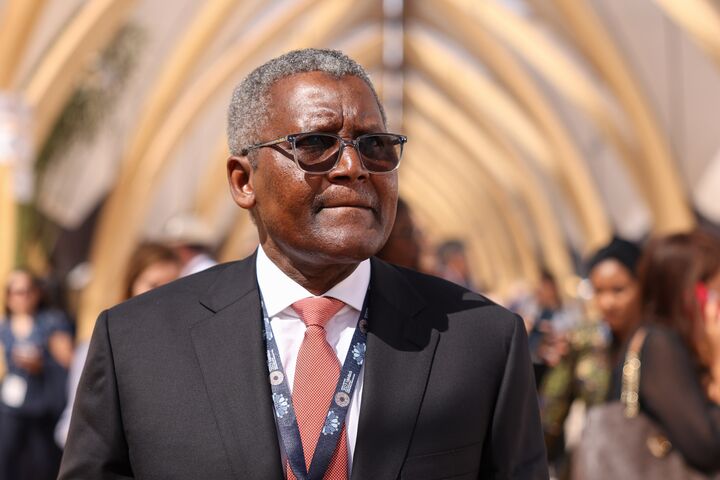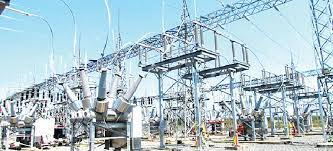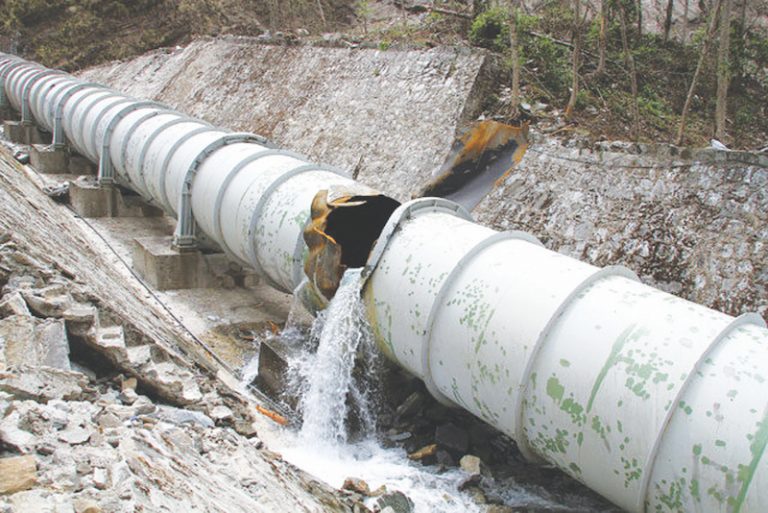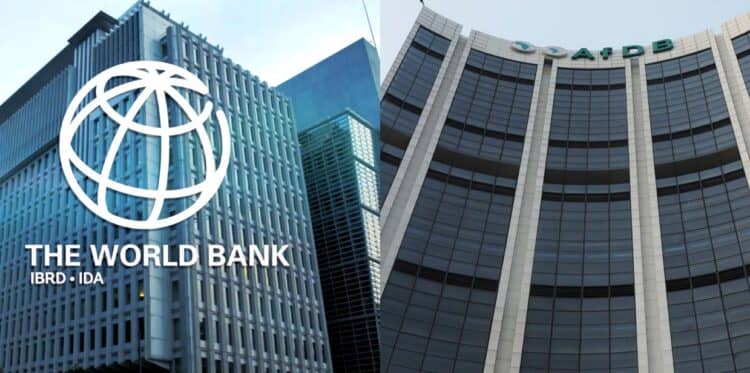Scrapping NERC! Of what benefits, and in whose interest?

Issue of the Week
Adebayo Obajemu
Last week, the headlines of the major Nigerian dailies were dominated by take-aways from President Muhammadu Buhari’s interview with Channels and NTA respectively. In one of the sessions, the President expressed dissatisfaction with the performance of the electricity regulatory agency, the National Electricity Regulatory Commission, NERC, adding that the score card of the regulator leaves much to desire.
The vitriols by the President thrown at the Commission seems to have been a tinderbox that has ignited a firestorms of criticism against the regulator, with some group calling for its outright scrapping.
NERC, as we all know is an independent regulatory body with authority over the workings of the electric power industry in Nigeria.
Its existence emanated from the 2005 Economic Reform Agenda which led to the Electric Power Sector Reform Act, 2005. Part of its responsibility is the formation and review of electricity tariffs, transparent policies regarding subsidies, promotion of policies that are efficient and environmentally friendly, as well as forming and enforcing of standards in the creation and use of electricity in Nigeria.
However, overtime NERC has been widely criticised for being a lameduck when it comes to oversights over industry operators especially the distribution companies, DisCos.
In a swift reaction to the President’s verbal condemnation of poor performance of NERC, a group, the All Electricity Consumers Protection Forum, hinted that the resentment of the President with the performance of the power sector is invariably a serious indictment on the Commission.
Its National Coordinator, Adeola Samuel-Ilori, in an interview with the News Agency of Nigeria penultimate Thursday in Lagos, therefore called for the scrapping of the regulatory body.
Buhari, had in the interview which raised the fireworks, also question the financial and technical competencies of the electricity distribution companies, DisCos, but Adeola and his group were more concerned with the nocks on NERC and consequently advocated for it’s scrapping and transfer of its responsibilities to the Federal Competition and Consumer Protection Commission, FCCPC.
But not many Nigerians, analysts and observers of the power sector are clapping for the group. Some even thinks Adeola and his team may be acting a script with an ulterior motive of truncating the reform in the power sector.
Responding to Adeola’s call, Peter Olorunshola of the Network for Accountability in Government Agencies, in a chat with EnergyDay said, “the call is not only uncalled for, but also not well informed as it seems to turn the Federal Competition and Consumers Protection Commission into an omnibus under which all non- performing government’s agencies, especially regulators be subsumed.
“What the group or other antagonists of NERC should have vied for is the strengthening of the Commission to deliver on its core mandate,” he said.
Ruth Adesola, Coordinator for Ethics in Governance, said if one consider the many flops of NERC anger will definitely boils over. She however noted that the Commission is as strong as the government in power. “How many of our regulators have the liver to do the right thing? Can we in truth say the Central Bank of Nigeria has enough gravitas to do proper regulatory oversight over the banks, or has shown sufficient courage in its monetary policy formula? She asked rhetorically.
Submitting, that, “NERC has not down well, but we can not throw away the baby with the bathwater, what we should be talking about is how to strengthen the Commission’s ramparts.”
Dr Olufemi Omoyele, director of Entrepreneurship at Redeemers University, seems to differ in his views. He noted first that the sector cannot be left without a regulator stressing it’s not necessary to scrap NERC.
“There is no way a sector can remain unregulated, it’s not possible to say because NERC has not preformed creditably well that it be scrapped, and asking its responsibilities to be transferred to another regulator such as Consumers Protection is unacceptable. It is wide off the mark, except those making the call has ulterior motive or hidden agenda.
Richard Enyeh, a banker wonder how on earth any group can call for the scrapping of the Commission, it doesn’t make sense to me, he said.
“What I believe should be done is to make it work. I believe the DisCos have formed a powerful cartel that arm twists the regulatory body.
“If there’s no corruption in the Commission and interference from government I wonder why it can not perform.
“NAFDAC under Prof. Dora Akunyili performed creditably well, similarly, NDLEA is currently doing under general Buba Marwa,” he said.
Interestingly, the call for the scrapping of NERC did not begin with Samuel-Ilori and his group who believe that the buck stops on the table of the president. Hence they say who should demonstrate sufficient political will to rejig the power sector in the interest of national development.
In July last year, another stakeholder in the sector, the power generation companies (GenCos) called for the scrapping of the Commission, describing the industry’s regulator as weak and unable to perform its duty.
They said despite the powers bestowed upon NERC, indiscipline and contract breaches were still pervading the electricity supply space with the regulator refusing to act at all or taking decisions late.
In the July 2020, edition of the biannual bulletin published by the Gencos, the Executive Director of the Association of Power Generation Companies of Nigeria (APGC), umbrella body of the over 20 generators in the country, Dr. Joy Ogaji, advocated an “independent and transparent regulator.”
The Gencos stated that an industry without a regulator would be far better than what currently obtains with the NERC in charge.
Part of the publication reads, “It is therefore unbelievable and puzzling that not withstanding the overwhelming mandate that is ascribed to NERC, especially under section 96, the sector is bereft of the impact of a strong leadership.”
While Dr. Omoyele and other commentators agreed with APGC to some extent, they argue that the federal government can give marching order to the Commission to sit tight, failure of which the President can effect a change of guards in the Commission.
Earlier, in November 2020, a civil society organization, Civil Rights Council, CRC, advised the federal government to scrap the NERC over its continuous failure to execute its core mandate of the establishment.
CRC in a statement by its Delta State Chairman, Mr Emmanuel Agbubi accused the Commission of conniving with Electricity Distribution Companies, DisCos, to rob Nigerians through the estimated billing system.
He maintained that NERC has failed in its mandate by allowing DisCos to issue high and unregulated estimated bills to Nigerians, resulting from their deliberate refusal to provide prepaid meters to electricity consumers, adding that, despite series of complaints lodged to the commission by electricity consumers it has failed to take a firm stand on the issue.
In an informed article titled: Nigeria: Overview Of Electricity Law In Nigeria, Olusola John Jegede and Winifred Idiaru, all of Resolution Law Firm stated that Nigeria has various laws for electricity, which are applicable in the 36 States and 774 Local Government areas in Nigeria.
According to them, the principal laws that regulate electricity in Nigeria is the Electric Power Sector Reform Act 2005 CAP E7, Laws of the Federation of Nigeria 2004 (EPSRA)
This is a major law that governs the Nigerian electricity industry, which includes electricity generation, transmission, distribution, supply, and trading. The Act is established to provide for the formation of companies to take over the functions, assets, liabilities, and staff of the National Electric Power Authority, to develop competitive electricity markets, to establish the Nigerian Electricity Regulatory Commission (NERC) as an independent regulatory body charged with the responsibility of licensing and regulating persons engaged in the generation, transmission, system operation, distribution and trading of electricity in Nigeria.
In view of the foregoing, it could be established that NERC has sweeping power to regulate and conduct strict oversights over wide swathes of electricity chain, but has consistently performed below bar.
Omoyele maintained that there is no logic in calling for the scrapping of the Commission because it will further create Chaos in the sector, and in whose interest he said.
To get a feel and the challenge of the regulator, Dr. Sam Amadi, former boss of NERC wrote “The underwriter of the success of the private electricity market is an independent and effective regulator. The EPSR Act rightly established an independent regulator. NERC is independent of government and market operators. It can therefore inspire the confidence of stakeholders.
“The reason for creating independent regulators is to banish fears of excessive regulatory risks, especially in countries with a history of government interference in business operations. Such regulatory risks amount to disincentive to investment. So, to secure an attractive investment environment, government insulates the regulator from pressures from government bureaucracy.
But, in real life what is on paper as law may be very different from what is experienced in the market. The temptations for a government ministry, like the Ministry of Power, or even the Presidency, to feel compelled to interfere unduly in the decisions that the regulator makes regarding the working of the market is such that may be irresistible.
“To resist this temptation is a critical discipline that determines whether the nascent electricity market in Nigeria will survive.
Now note this. Independence does not mean recklessness or lack of accountability. Independence means that the regulator should be free to make the best decisions based on the evidence available to it.
The regulator is independent to achieve the legislative mandate granted it by government. But, the regulator is accountable to political authorities and the market. Accountability is even a more important feature of an effective regulator.
“A regulator is accountable to follow the laws establishing it and mandating its function. It is accountable to other political institutions that oversee its administrative and financial transactions. It is accountable to the ordinary jurisdiction of the court of justice, in the case of Nigeria, the Federal High Court, to review its decisions and interventions.
The effective regulator is also accountable to operators and consumers to ensure that decisions are made after due process and through a consultative process.
As we enter a private electricity market the government needs to go through a culture change. It has to realize that the market has to be governed through rules made and administered by the regulator. It has to learn to focus on policymaking and use other established methods to oversee the work of the regulator. If the government falls to the temptation of usurping the work of the regulator, it increases the risks of the new market and truncates the reform.
Therefore, the onus of making NERC works lies in government and its top shots and agencies resisting the temptation to interfere in the working of NERC as it tries to discharge its responsibilities.
One cannot but agree with Dr. Omoyele when he stated that, “It is precisely in resisting the temptation of interference and instituting a culture of fighting corruption and cronyism within NERC itself that we can witness a revitalised Commission that will effective.





